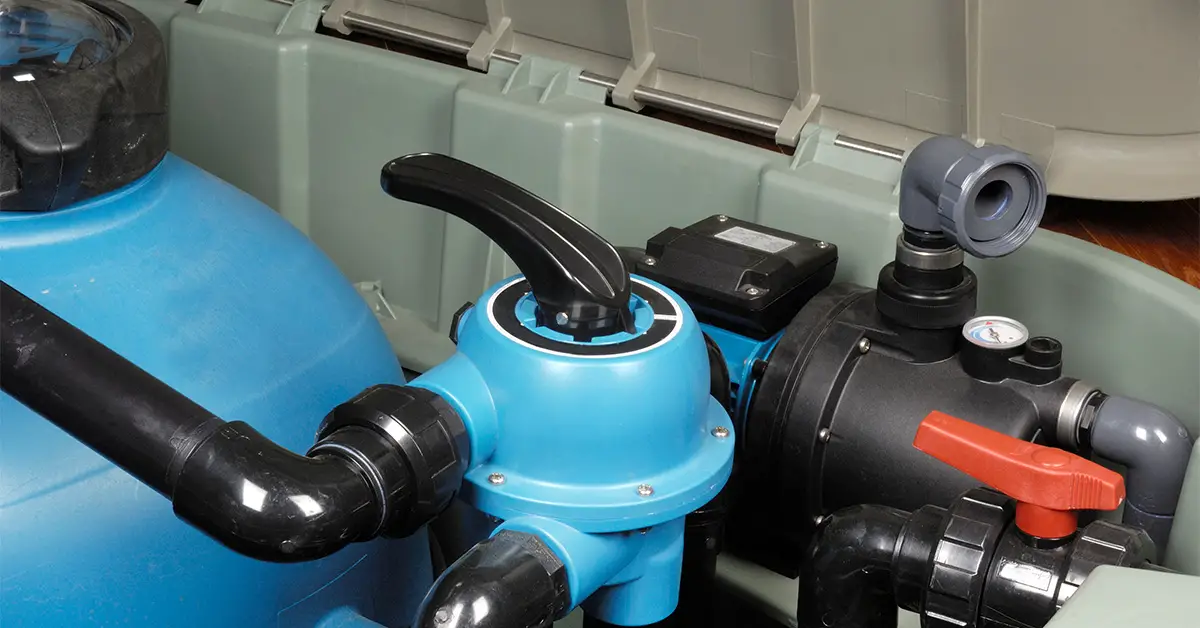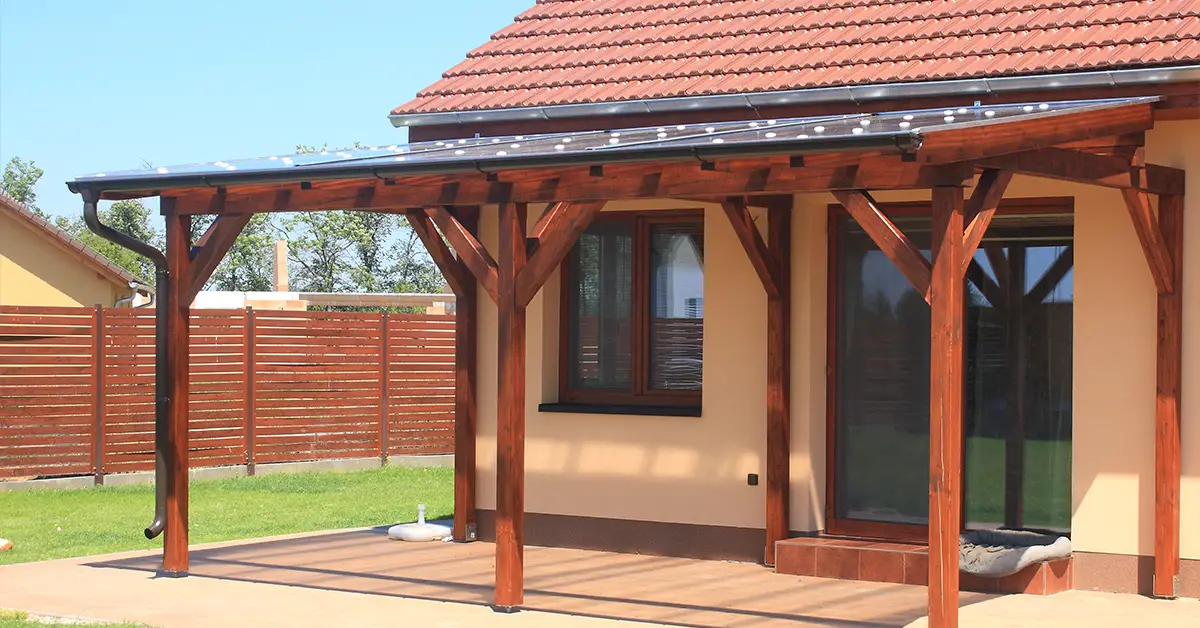Again, it’s the time of the year when the weather becomes chill. While a lot of people are worried about their swimming pools getting frozen during winter, they are equally worried about the pool pipes as well. However, can pool pipes freeze?
If you have a swimming pool that’s above ground with all the plumbing and pool filter system, pumps and pipes can freeze up within an hour when the temperature reaches minus 32 degrees. But it takes several days for underground pipes to freeze because it depends on the freezing temperatures of the soil.
Table of Contents
What makes the pool pipes freeze?
Pool pipes don’t freeze but the water inside them freezes. In general, if the pool lack preventive measures against extreme cold weather, the water freezes up when the temperature drops below freezing point. Also, above-ground pools have frozen pool pipes.
That’s because the pool filter system and plumbing are above ground. However, underground pool pipes freeze as well. But it is not a common sight because the pipes are installed underground.
So, even though the pipes won’t freeze in the underground section easily, the water in pipes above ground tends to freeze fast. Besides, the pool filter and pump are susceptible to freezing too.
So, how long does it take for the pipes to freeze?
When exposed to extreme temperatures below 32 degrees Fahrenheit, the pool pipes above ground will take around 6 hours to freeze. On the other hand, underground pool pipes take about 5 to 7 days of continuous low temperature to freeze.
However, certain factors determine how long will it take for the pool pipes to freeze. As you know, water freezes when the temperature gets below 32 degrees Fahrenheit or 0 degrees Celsius.
But the time it takes for the pool pipes to freeze depends on the type of pool, the outside temperature, and the location of the pipes. That way, above-ground pool pipes will take less time to freeze compared to the ones buried underground.
The underground pipes receive some sort of insulation from the soil. Besides, the earth’s surface is colder than above. Apart from that, the pool pipes freeze quickly during the night when the water level is low in the pool.
Hence, when the weather is cool and the water level gets lower, the pool system will suck cold air and make the pipes freeze in no time. When it comes to indoor pools, having frozen pipes are not that common because the pool system isn’t located outside and is exposed to the cold weather.
When do underground pool pipes freeze?
In extremely cold climates where the temperature drops below 20 degrees Fahrenheit for several days, underground pool pipes will freeze. Moreover, if the pipes are less than 2 feet below ground and the soil remains moist or porous, the pipes will freeze quickly.
Certain parts of the pipe that tend to remain outside of the ground are more likely to freeze after a few days of continuous freezing temperatures. Another biggest factor for the underground pipes to get frozen is their depth and the soil’s frost line.
So, frost has to travel deep into the soil to freeze the underground pipes. Hence, when the pipes are buried deep, less are the chances to freeze. The standard depth for the pipes below ground level is around two feet.
Because the average frost line is around 20 inches, which is less than 2 feet, the pipes won’t freeze when buried below 2 feet underground. But if the frost line in your area is more than 30 inches, the pool pipes will be affected.
However, it will take several days of continuous penetration before the frost can get into the pipes. Besides, the condition of the soil plays another major role. If the soil is porous or contains a lot of moisture, frost can travel down quickly.
Prevention of pool pipes from freezing
Here are some effective ways through which you can prevent your pool pipe from freezing. But keep in mind that these preventive measures will work only when the temperature is more than 20 degrees Fahrenheit. If you live in an area where the temperature drops below 20 degrees Fahrenheit, these methods might not work.
1. Insulate the pool plumbing properly
One of the best ways to prevent pool pipes from freezing is to insulate the pool plumbing. It is a straightforward process where you wrap blankets and towels around the pool pipes. Moreover, you can use high-quality pool insulation tapes.
You can wrap these tapes around pool plumbing. Because these tapes are generally made of certain materials such as foil, it helps to retain heat.
2. Try to keep the pool pump running
Another great way to prevent the freezing of pool pipes is to keep the pool pump running 24/7. It maintains the right water temperature and keeps the water flowing. When the water circulates through the pipes frequently, the heat generated doesn’t allow the pipes to freeze up.
Choose a pool pump that comes with variable speeds. As such, you can run the pump slowly to save on utility bills.
3. Consider installing freeze protection timers
Freeze guards or freeze protection timers are gadgets that run the pool system automatically when the temperature heads towards the freezing point. These kinds of timers come with temperature sensors that help to detect variations in temperature.
So, when the weather is moving toward freezing temperatures, it activates the pool pump automatically and slows down freezing. These timers are perfect for people who desire to keep their pools open during winter.
4. Don’t forget to maintain the proper level of water
If you are thinking about keeping the pool open during the winter months, make sure that your pool has the requisite water level. It is recommended that you should have the water level at mid-way up the skimmer.
If you leave the water level below the skimmer mid-point, the pool system won’t have the required amount of water. Keeping the pool open during cold weather is quite expensive. Hence, if you have a tight budget, it is wise to close the pool.





